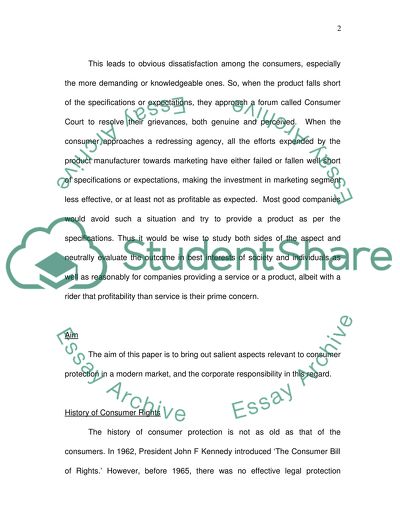Cite this document
(“Consumer Law And Deceptive Marketing Guidelines Case Study”, n.d.)
Consumer Law And Deceptive Marketing Guidelines Case Study. Retrieved from https://studentshare.org/marketing/1522861-corporate-responsibility-essay
Consumer Law And Deceptive Marketing Guidelines Case Study. Retrieved from https://studentshare.org/marketing/1522861-corporate-responsibility-essay
(Consumer Law And Deceptive Marketing Guidelines Case Study)
Consumer Law And Deceptive Marketing Guidelines Case Study. https://studentshare.org/marketing/1522861-corporate-responsibility-essay.
Consumer Law And Deceptive Marketing Guidelines Case Study. https://studentshare.org/marketing/1522861-corporate-responsibility-essay.
“Consumer Law And Deceptive Marketing Guidelines Case Study”, n.d. https://studentshare.org/marketing/1522861-corporate-responsibility-essay.


